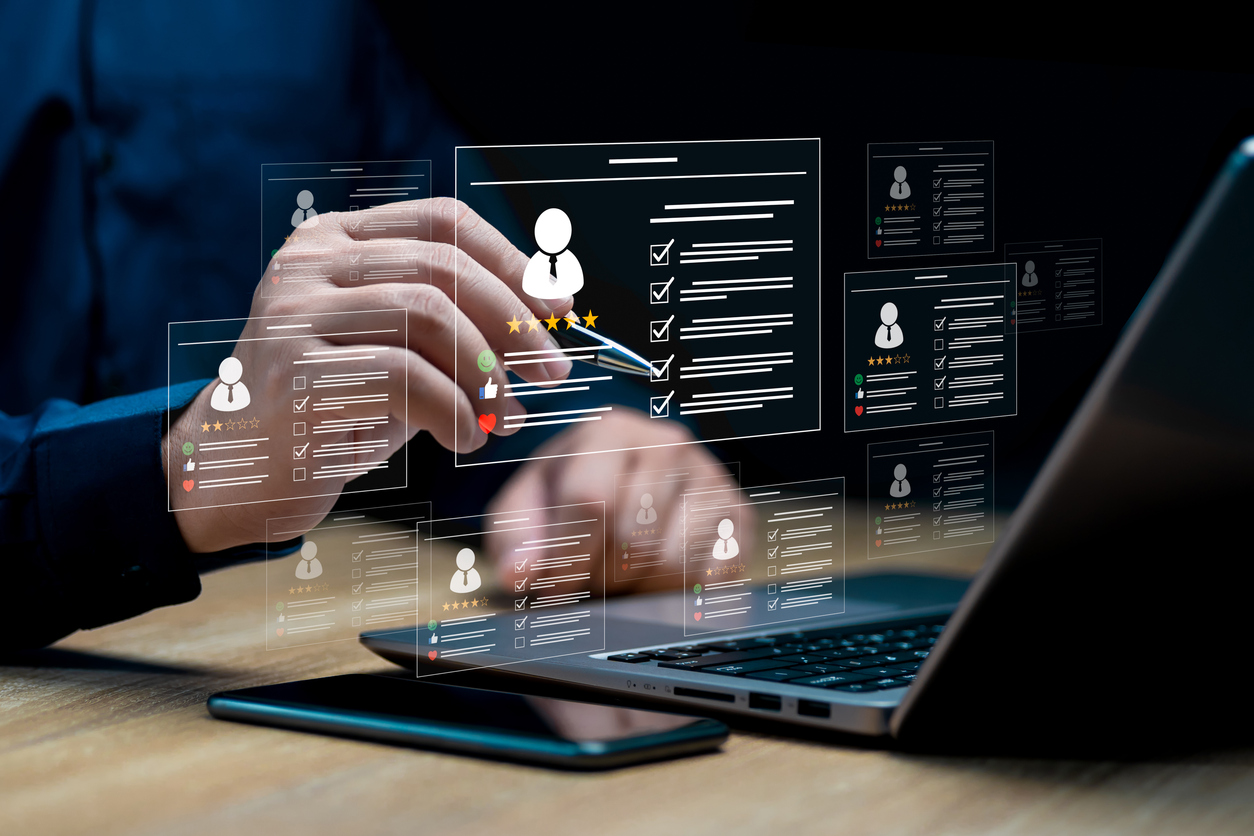For modern CEOs, decisions move at the speed of data. The biggest business risks no longer come from competition alone but from not knowing your own people well enough. Today’s executives are learning that technology designed for HR is no longer just about payroll or recruitment; it is a window into the heartbeat of an organization.
The smartest companies are using HR technology to understand performance patterns, improve leadership planning, and forecast the impact of every workforce move. What was once an administrative function has become a decision-making engine that helps leaders see their business in real time.
Rethinking Leadership Through Data
The modern executive cannot lead with instinct alone. Data is now the quiet advisor in every boardroom discussion. With advanced HR analytics, leaders can visualize turnover trends, predict staffing needs, and measure the cost of disengagement before it affects results.
What makes this transformation powerful is not just the numbers but what they reveal about people. Workforce data now connects directly to financial outcomes, helping CEOs align hiring, retention, and training with revenue growth. As explored in data-driven HR insights, modern analytics empower leaders to translate people metrics into smarter strategic actions. Decisions that used to rely on gut feeling now depend on measurabsle insights that strengthen both culture and profitability.
The Rise of Intelligent HR Platforms
In forward-thinking organizations, HR systems are acting as strategic partners. Artificial intelligence and automation have replaced the slow, manual processes that once created blind spots in management. Tasks like onboarding, compliance tracking, and performance reviews are now powered by intelligent algorithms that learn and improve over time.
Leaders are also discovering the value of integration. Platforms like Happy HR are helping businesses centralize workforce data, automate repetitive tasks, and surface insights that matter most to executive teams. The result is faster decisions, clearer visibility, and a stronger connection between leadership strategy and employee reality.
Driving Agility and Strategic Foresight
As markets evolve, agility has become the defining skill of modern leadership. Smarter HR tools give executives the ability to adapt quickly by revealing how workforce shifts affect performance and costs. Real-time dashboards allow leaders to spot trends early, whether it is a potential talent gap or a change in engagement levels.
Predictive analytics adds another layer of strategic foresight. By anticipating future challenges, executives can prepare their organizations before disruption strikes, turning data into a genuine competitive advantage.
Transforming Culture Through Connected Insights
Technology’s true impact lies in how it connects people across the organization. Data-driven HR platforms help leaders understand how culture, collaboration, and communication flow throughout the company. These insights enable CEOs to shape environments that encourage engagement, creativity, and purpose.
When leadership decisions are backed by data, employees feel seen and valued. Transparent communication built on factual insight strengthens trust and aligns teams around shared goals. A connected culture driven by information becomes the foundation of sustainable success.
Human Judgment Meets Machine Intelligence
Data can illuminate patterns, but leadership still requires empathy. The best executives use technology as a lens, not a substitute for human understanding. Predictive analytics can identify who might leave, but it takes a thoughtful leader to understand why and act with compassion.
This balance between insight and empathy defines the new leadership model. It allows CEOs to be both analytical and human, using technology to guide decisions while keeping values at the center. When applied correctly, HR tech becomes less about automation and more about empowerment.
The Executive Advantage of Smarter HR
The connection between data and decision-making is reshaping what it means to lead. Today’s CEOs have access to deeper intelligence than any generation before them. With smarter HR systems, leadership is becoming more proactive, transparent, and people-focused.
Technology cannot replace judgment, but it can refine it. By combining data precision with human perspective, executives can steer their organizations with confidence. The leaders who embrace this transformation are not just managing people; they are shaping the future of intelligent, ethical, and resilient business leadership.
Conclusion
Smarter HR technology is transforming how executives lead, decide, and inspire. By combining data intelligence with human understanding, CEOs can make choices that are both strategic and empathetic. These tools are not replacing leadership but refining it, turning information into foresight and foresight into impact. The future of executive decision-making belongs to leaders who use technology to empower people, not just manage them.














